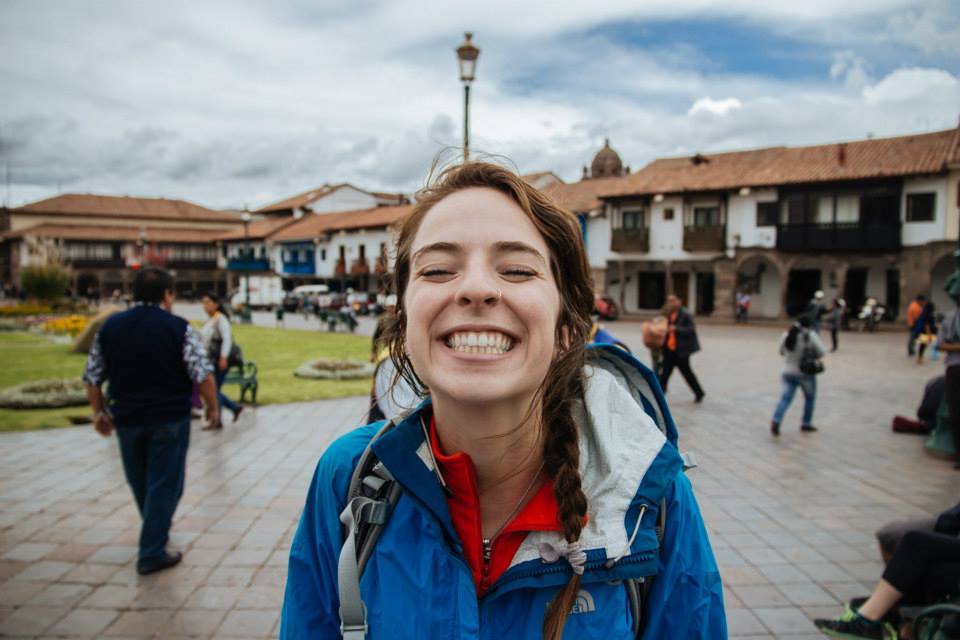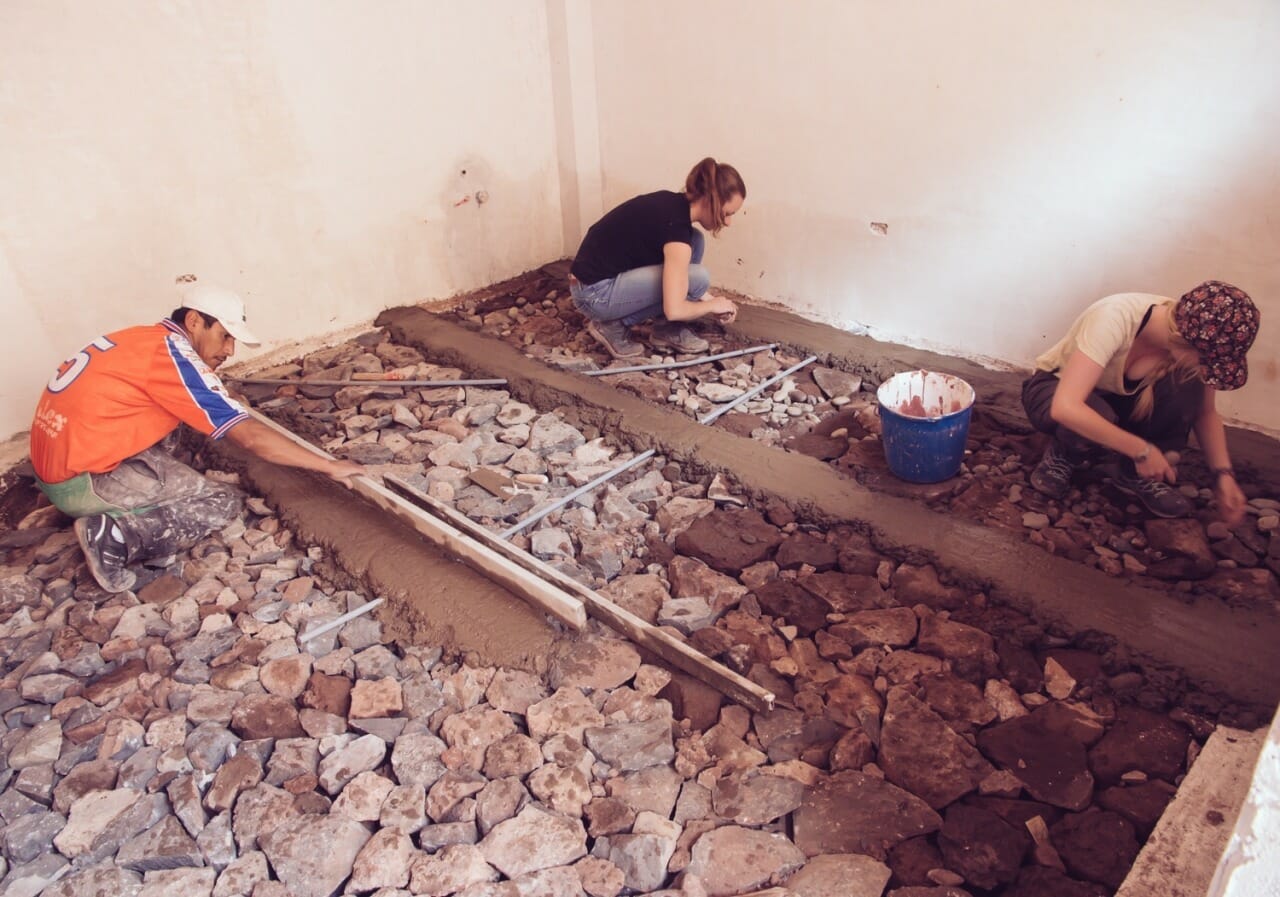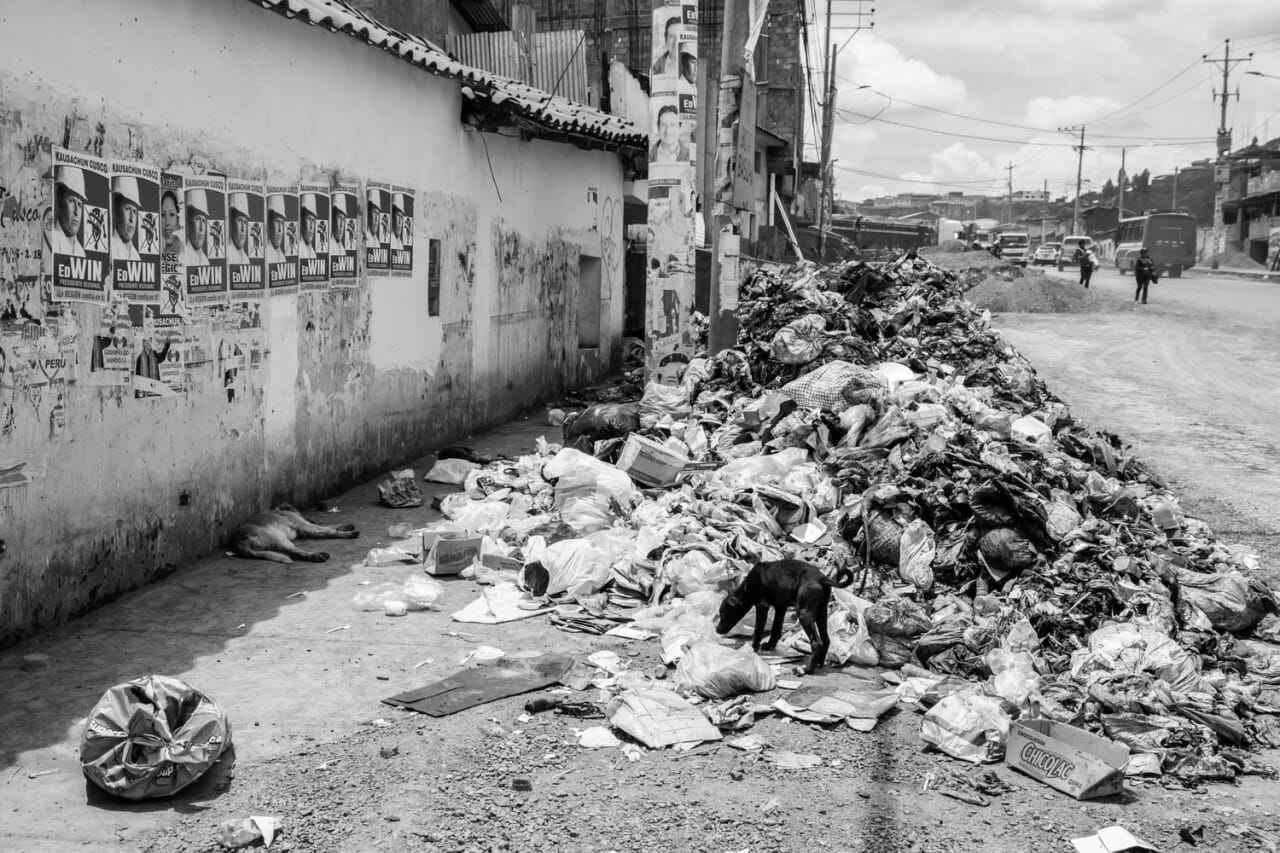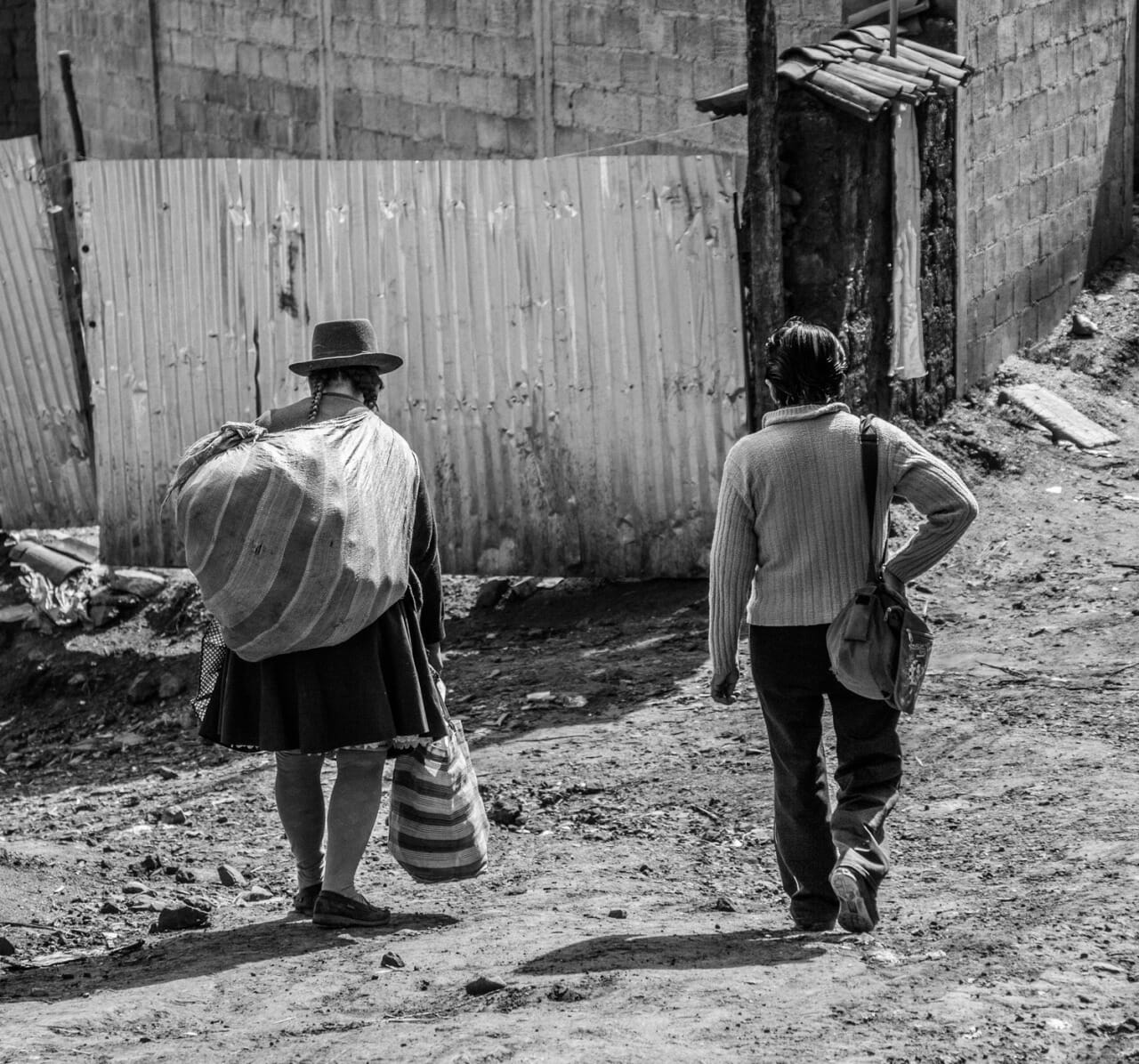
This content has been archived. It may no longer be relevant
Last Updated on 23 May 2025
After enjoying a strenuous introduction to Cusco and its oh-so-delightful altitude, it’s finally the beginning of the work week and therefore our first day of volunteering.
We are scheduled to be in Cusco for about 10 days, volunteering on separate projects and staying in a house with some other volunteers. I am working as an assistant at La Rinconada Centro de Salud, a medical clinic up the hill from our home, and Aristo is helping to build a kitchen at a kindergarten in a slummy area much farther up the hill. I wish him luck on the manual labor and head out.
Lucky for me, there’s about a 200 stair climb up to my placement, so I really get to do some aggressive pre-clinic panting. I am admittedly nervous, considering my lack of Spanish and the obvious level of difficulty that miscommunications will add to my day. Once atop the hill, after many minutes of breath catching, I get toured around the small facility.
There’s a pediatrician, dentist, lab technician, and an OB-GYN in the clinic and I originally choose to help out with the children, thinking it will be most interesting. It’s not interesting at all and I actually find babies to be quite annoying, so I quickly tire of listening to them scream bloody murder every time I come at them with the stethoscope.
I’m wishing I’d brought earplugs when sweet fortune smiles upon me and the OB puts in a request for help. Not so excited about all the pap smears, but at least the women aren’t screaming. The doctor speaks not a word of English and I can’t say anything in Spanish that would be remotely useful in a clinic, but she is a wonderful lady and makes a huge effort to communicate with me and teach me. It’s not so long before I can ask the patients to get on the scale, take off their shoes, and let me take their weight. And then fairly soon after that I’m jabbing needles in people and filling prescriptions for birth control or folic acid and pricking fingers for HIV testing. It’s the time of my life.
One of the volunteer coordinators comes by to visit me partway through the week and says, “It’s sad, don’t you think, that the doctors work so hard and end up here?” I find this outrageous; I truly like to believe that doctors do what they do for the love of medicine, not for the money or the glory. Obviously this can’t be said of every single doctor, but any decent one will tell you that dollar-signs for eyes won’t get you through medical school and the long, thankless hours during residency.
This doctor would get paid almost nothing, since this is a government-funded clinic provided at low cost to the residents of poorer areas. And maybe some days she wishes she was in a more exciting
place than the outskirts of Cusco. But she gets to spend every day changing people’s lives, people who would otherwise have no access to any healthcare, let alone education about contraceptives or prenatal care. In only a week, I saw so many 16-year-old girls come in to the clinic, pregnant and confused, because they literally did not understand how it happened. This doctor is probably the only source of health education that these women have available to them and without her, they would have so few options.
We had couples coming in to be tested for STDs before they tried to have a baby, women coming in to get birth control shots, and new mothers coming in to make sure everything was normal. It is so amazing to see all the opportunities this clinic is giving women who might otherwise end up with unwanted pregnancies or with unhealthy babies, all from lack of education or access to the necessary medicines.
I hope someday I work “so hard and end up in a place like this”. Where I’m actually doing something that matters to me, not for the money, but for the people whose lives I’m changing. This woman is my hero.




